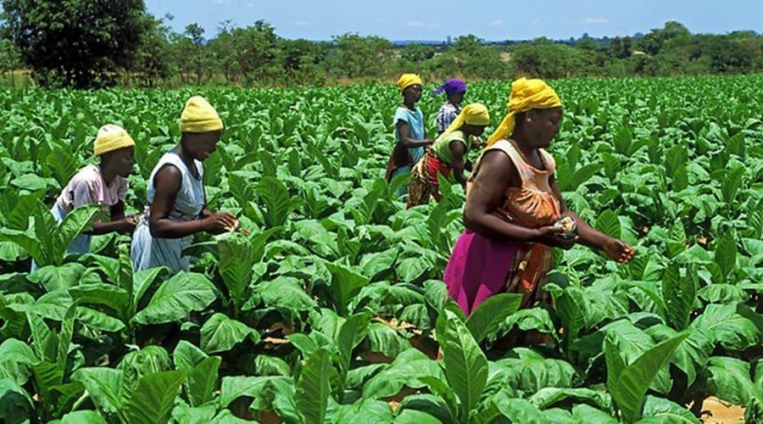The Millennium Development Authority (MiDA) is working closely with the International Finance Corporation (IFC) to attract massive investment into Ghana’s agricultural sector. This collaboration is expected to boost agribusiness development and transform large areas of farmland into productive economic zones.
The plans were revealed during a working visit to MiDA by Mr. Kyle Kelhofer, the IFC’s Senior Country Manager for Ghana, Liberia, and Sierra Leone. He met with the Chief Executive Officer of MiDA, Mr. Alexander Kofi-Mensah Mould, to discuss strategies for unlocking the full potential of agricultural development in Ghana.
During the meeting, Mr. Mould gave a detailed briefing on MiDA’s current activities in three major agricultural enclaves—Kasunya, Oti, and Afram Plains. These three locations, which cover close to 50,000 acres of fertile land, have been marked for large-scale agribusiness development through public-private partnerships.
Mr. Mould said that MiDA has already started building key infrastructure in the identified areas. These include irrigation systems, road networks, electricity supply, and housing for anchor farmers. According to him, once the infrastructure is completed, the lands will be leased to private developers for commercial farming operations.
He stressed the importance of carrying out proper feasibility studies before investors can be convinced to commit funds to the projects. “To attract the necessary funding, we need comprehensive feasibility studies done, especially regarding land use and infrastructure costs, including irrigation,” Mr. Mould stated.
The MiDA boss also said he has been touring parts of the country to engage with potential anchor farmers and gather feedback that can help shape agricultural policies. His goal, he said, is to support the administration of President John Mahama in making informed decisions regarding agriculture and food security.
He further outlined government priorities to reduce the national food import bill and boost food self-sufficiency. According to Mr. Mould, Ghana can feed itself if the right investments are made in agriculture, especially in large-scale farming, irrigation, and modern mechanisation.
Drawing from his experience as a former Executive Director of Wholesale Banking at Standard Chartered Bank, Mr. Mould said that he was working with policymakers to provide targeted subsidies for farmers. These include support for land clearing, irrigation equipment, and farm tools that will help farmers become more productive.
Responding to the presentation, Mr. Kyle Kelhofer of the IFC pledged the corporation’s support in carrying out the needed feasibility assessments for the three agricultural enclaves. He also said the IFC was willing to use its global network to attract foreign direct investment for the project. Mr. Kelhofer referenced a similar success story in Sierra Leone, where the IFC helped develop a large-scale agricultural project through a private-public model.
“This is a bold and timely initiative,” Mr. Kelhofer said. “IFC is ready to support Ghana to become a hub for food production in the region. Our job is to help bring in serious investors who believe in long-term agricultural development.”
This partnership is expected to be a major game-changer for Ghana’s agriculture sector, which employs a large portion of the population but still faces challenges in areas like funding, land development, irrigation, and mechanisation.
By focusing on strategic agricultural enclaves, Ghana is positioning itself to become more self-reliant in food production and reduce its dependency on food imports. This also aligns with the broader national goals of improving food security, creating jobs, and boosting exports through agribusiness.
The collaboration between MiDA and IFC could also serve as a model for other African countries looking to transform their agriculture sectors through a mix of local leadership and international investment.
